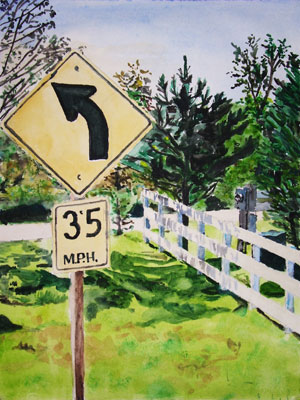All Nonfiction
- Bullying
- Books
- Academic
- Author Interviews
- Celebrity interviews
- College Articles
- College Essays
- Educator of the Year
- Heroes
- Interviews
- Memoir
- Personal Experience
- Sports
- Travel & Culture
All Opinions
- Bullying
- Current Events / Politics
- Discrimination
- Drugs / Alcohol / Smoking
- Entertainment / Celebrities
- Environment
- Love / Relationships
- Movies / Music / TV
- Pop Culture / Trends
- School / College
- Social Issues / Civics
- Spirituality / Religion
- Sports / Hobbies
All Hot Topics
- Bullying
- Community Service
- Environment
- Health
- Letters to the Editor
- Pride & Prejudice
- What Matters
- Back
Summer Guide
- Program Links
- Program Reviews
- Back
College Guide
- College Links
- College Reviews
- College Essays
- College Articles
- Back
Hooking a Reader
How to hook a reader into your writing
Everyone loves it when others appreciate their work so if your writing skills are not up to that level this shot article will surely help. If your writing skills are strong, still this article will help you as it will make your work more meaningful and rich.
1) Use your 5 sense: explain the sound, taste, smell and the feelings
2) Vocabulary: vocabulary should be powerful. Avoid using same words repeatedly. Try to search
Synonyms.
3) Simile: use similes to make your writing interesting. Simile: a figure of speech involving the comparison of one thing with another thing of a different kind, used to make a description more emphatic or vivid (e.g.as brave as a lion.)
3) using sounds: using sounds make all kinds of target audience hook towards your writing. Use menacing sounds for example
4) Metaphors: a figure of speech in which a word or phrase is applied to an object or action to which it is not literally applicable.
5) time: Never hesitate to spend time on checking. Check the accuracy in the end.
Some hints which are easily achievable:
Make your writing:
? Entertaining
? Detailed and descriptive
? Rich in high vocab words
? Sharper and vivid
Things to “tell” while writing:
? What the character looks like
? What he/she speaks
? His/her background
? What he/she is thinking
? What his/her fears, hopes, desires are
? What motivates him/her.
Describing someone or something
? emotions
? Appearance
? Behavior
? Personality

Similar Articles
JOIN THE DISCUSSION
This article has 0 comments.
